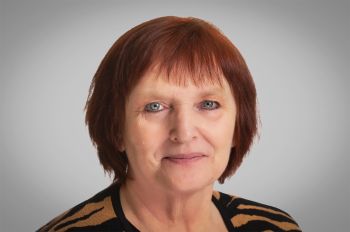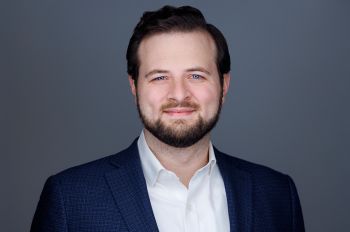IIT Chicago-Kent to participate in the 24th annual National Environmental Law Moot Court Competition
IIT Chicago-Kent College of Law students Patrick Abbott, Eun-kyung Kim and Erica Yee will represent the law school in the 24th annual National Environmental Law Moot Court Competition. The tournament, sponsored by Pace Law School, will be held February 23 to 25 in White Plains, New York.
Established in 1989, the tournament is recognized as the preeminent environmental law competition in the United States. More than 200 students from across the United States and Canada compete in the annual tournament. The competition is designed to test students' appellate brief writing and oral advocacy skills on issues in the field of environmental law. Past competitions have included cases related to the illegal dumping of hazardous waste, criminal liability of corporate officers for their company's environmental crimes, and commerce clause limits on water pollution regulation.
Team member Patrick Abbott is a second-year student who earned his undergraduate degree in integrative biology from the University of Illinois Urbana-Champaign. Teammate Eun-kyung Kim, a third-year student, graduated from Washington University in St. Louis with a double major in economics and environmental studies and a minor in Chinese. Teammate Erica Yee is a fourth-year evening student who received a bachelor's degree in political science and rhetoric from the University of Illinois Urbana-Champaign.
The team is coached by Bess Schenkier and IIT Chicago-Kent alumnae Kristin Munsch '07 and Nicole Roberts '10.
IIT Chicago-Kent College of Law is the law school of Illinois Institute of Technology, a private, Ph.D.-granting institution with programs in engineering, psychology, architecture, business, design and law. In the mid-1980s, IIT Chicago-Kent established one of the first specialty programs in energy and environmental law, and has long been recognized as a leader in the field. The Chicago Environmental Law Clinic, launched in 1999, provides access to justice to clients who would otherwise be unrepresented in urban environmental matters that directly affect the health, safety and welfare of their families and communities.



